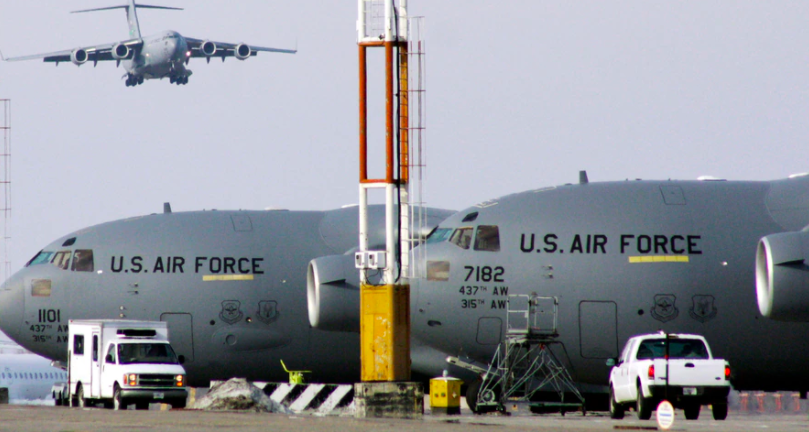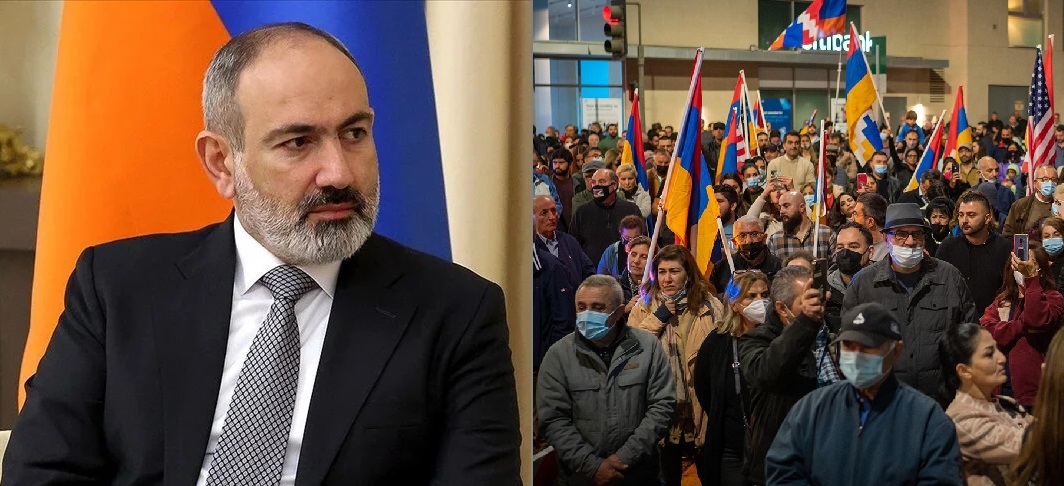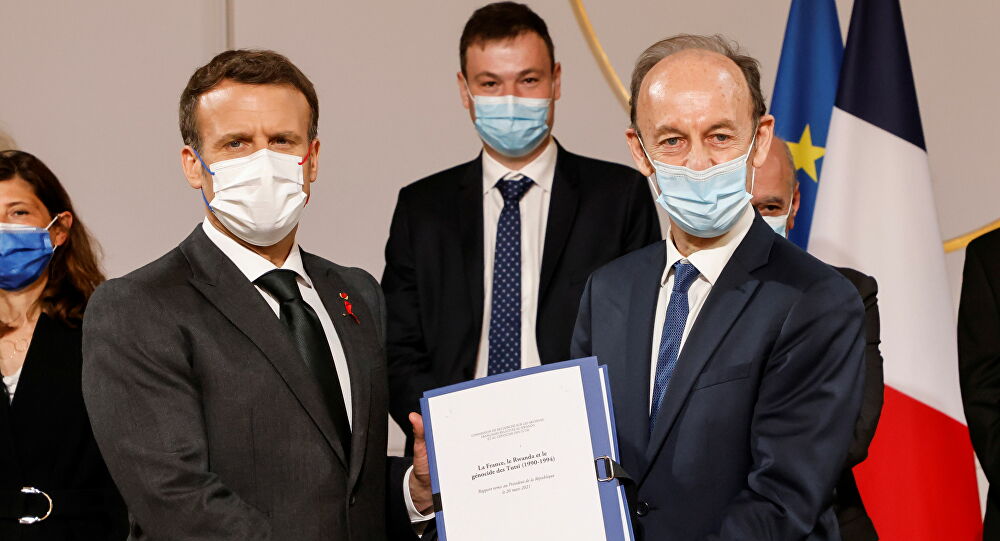The US President, in his “State of the Union” address delivered on February 12, has announced his decision to start talks on a “Comprehensive Transatlantic Trade and Investment Partnership”. Taking into consideration that the EU is particularly interested in concluding a Free Trade Agreement (FTA) with the US where talks and technical contacts are underway since 2011 between the delegations, the US President’s speech attests that a certain distance has been covered in this direction. In fact, later assessments on the issue indicate that the agreement could be signed in what can be considered a very short time as two years.
It is an elementary fact of economics that free trade agreements, as a general principle, increase mutual trade and with it, economic development and prosperity. The other side of the coin however shows how complicated and complex it is to set the rules regarding who will benefit to what extent from this freedom. The ‘Doha process’ initiated by the World Trade Organization in order to reach an agreement for the encouragement of development on a global dimension has reached a deadlock in 2008 and has failed due to the clash of interests of developed and developing countries.
The agreement envisaged between the US and EU, encompassing half of the world gross national product and one-third of the world’s total trade (a total of 700 billion dollars including the movement of goods and services), is bound to have a global impact and albeit it privileges the developed economies, could in fact be instrumental to put into motion the efforts to reach an agreement in Doha. It becomes further clear that this agreement could go beyond an FTA which entails the reduction of trade barriers in bilateral trade and the liberalization of the service sector, to also bring about harmonization of standards and regulations and as well as conditions of investment. It would be noteworthy to bear in mind that the total investment of the US and EU surpasses that of the total investments of Asia.
In the press, comments have been made that the envisaged agreement stems from the necessity of solidarity towards Asia’s developing economies and in particular, against China’s developing economic power, In fact, the concept of an ‘economic NATO’ has been expressed. Intellectual property, environmental protection and rules of employment, to which the agreement is expected to bring standards, could create difficulties for the developing economies. It is also interesting in this context that this idea for a new agreement was not addressed at the G-20 Summit, declared to be the main international forum where global economic problems are discussed, but at the G-8 Summit held in 2012.
It is also noteworthy to observe the developments from several aspects from Turkey’s point of view. Before everything else, the fact that the liabilities and responsibilities to be assumed by the EU will automatically have a bearing on Turkey due to the stipulations of Turkey’s customs union agreement with the EU, whereas a separate agreement will be necessary to benefit from the concessions to be received. In this context, it is equally important to observe the extent of the scope of the US’s agreement, whether it will cover the North America Free Trade Area (NAFTA). On the other hand, for Turkey, which has a Eurasian opening and aims to improve its economic relations with the West and Central Asia, it will be beneficial for all involved to search for economic cooperation on a bilateral level with the US guided by initiatives akin to that which had come to the agenda in the beginning of the 2000’s as ‘Qualified Industrial Zones’ (QIZ).
© 2009-2025 Center for Eurasian Studies (AVİM) All Rights Reserved
 A LOOK INTO THE YEAR 2022
A LOOK INTO THE YEAR 2022
 ARCHITECTS OF DENIAL: THE LATEST CINEMATOGRAPHIC EFFORTS OF THE ARMENIAN LOBBY
ARCHITECTS OF DENIAL: THE LATEST CINEMATOGRAPHIC EFFORTS OF THE ARMENIAN LOBBY
 US INTERESTS IN CENTRAL ASIA
US INTERESTS IN CENTRAL ASIA
 M.M. GUNTER’S ANALYSIS OF “THE THIRTY-YEAR GENOCIDE” BOOK BY B. MORRIS AND D. ZE’EVI
M.M. GUNTER’S ANALYSIS OF “THE THIRTY-YEAR GENOCIDE” BOOK BY B. MORRIS AND D. ZE’EVI
 THE DIVERGENT AGENDAS OF THE ARMENIAN GOVERNMENT AND THE DIASPORA
THE DIVERGENT AGENDAS OF THE ARMENIAN GOVERNMENT AND THE DIASPORA
 FRANCE HAS BEGUN TO SHED SOME FACTUAL LIGHT ON ITS ACTIONS IN RWANDA
FRANCE HAS BEGUN TO SHED SOME FACTUAL LIGHT ON ITS ACTIONS IN RWANDA




























